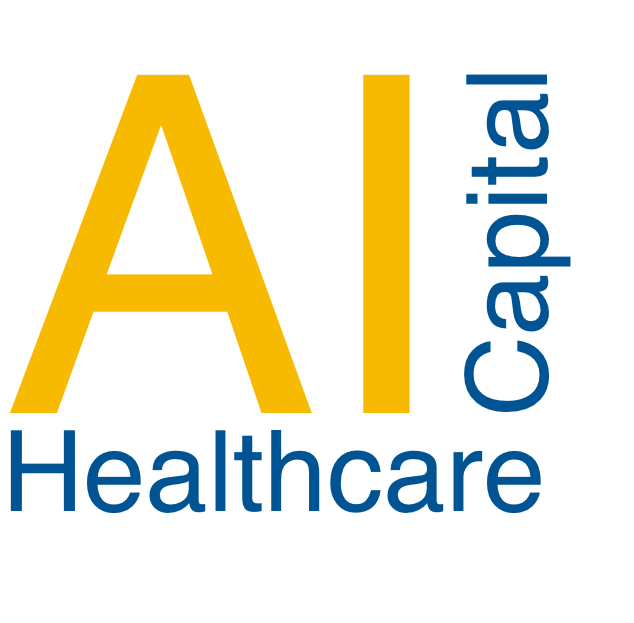by Simon Gao, June 16, 2022
Today’s healthcare providers are looking to artificial intelligence (AI) for revenue cycle management (RCM) that accelerate cash receival and lower cost while increasing accuracy. AI already is a game-changing technology for many industries and is used for administrative and clinical functions in healthcare, more providers are looking to AI to improve their financial performance, as RCM is the core of the providers cash management and cost reimbursement.
RCM is a very transaction-oriented business in that for every patient who has a need for medical care is going to have a significant number of transactions from the point of scheduling all the way through the multitude of steps for providers to create a clean claim, submit it, and get paid. While AI is ideally suited for revenue cycle management, providers often struggle with identifying the right AI use cases in this complex field.
Here are some startup user cases that providers can focus on:
Prior authorization
a. Physicians and their staff spend almost two full business days each week completing prior authorizations, and more than one in three physicians has staff who work exclusively on the task, an AMA survey found.
b. Prior authorization is one of the best use cases for artificial intelligence in healthcare right now. The transactional nature of prior authorizations makes it an ideal candidate for AI technology, which can leverage real-time analytics and machine learning to identify cases needing prior authorization, submit requests to payers, and check statuses.
c. Patient out pocket estimation, with complex insurance plans and deductions, AI is well suited to calculate a patient’s responsible amount in a prior authorization period to be full transparent and to have a good patient experience.
Intelligent Coding
a. Enhances coding through autonomous clinical coding that leverages AI and natural language understanding to eliminate manual processes and increase accuracy.
b. AI based coding lowers operational costs and improves compliance risk
Propensity of denial
a. Constantly changing payer guidelines and human error are among the reasons hospitals and other provider organizations struggle with high claim denial rates. It is estimated that hospitals lose more than $260 billion annually from insurance denials.
b. Analytics of claims denials enables a healthcare organization to predict denials and resolve problems before claims are submitted, leading to lower denial rates and higher revenue.
c. To pinpoint the reasons payers denied claims in the past and uncover denial trends.
Expected time of payment
a. For each claim, if you have a good understanding of coding complexity, coding accuracy estimation and probability of denial estimation, you can have a good estimation of how long you should expect to get full payment.
b. A good estimation of the account receivable in the ‘incurred but not paid’ revenue stream will impact the company balance sheet and financial performance.






